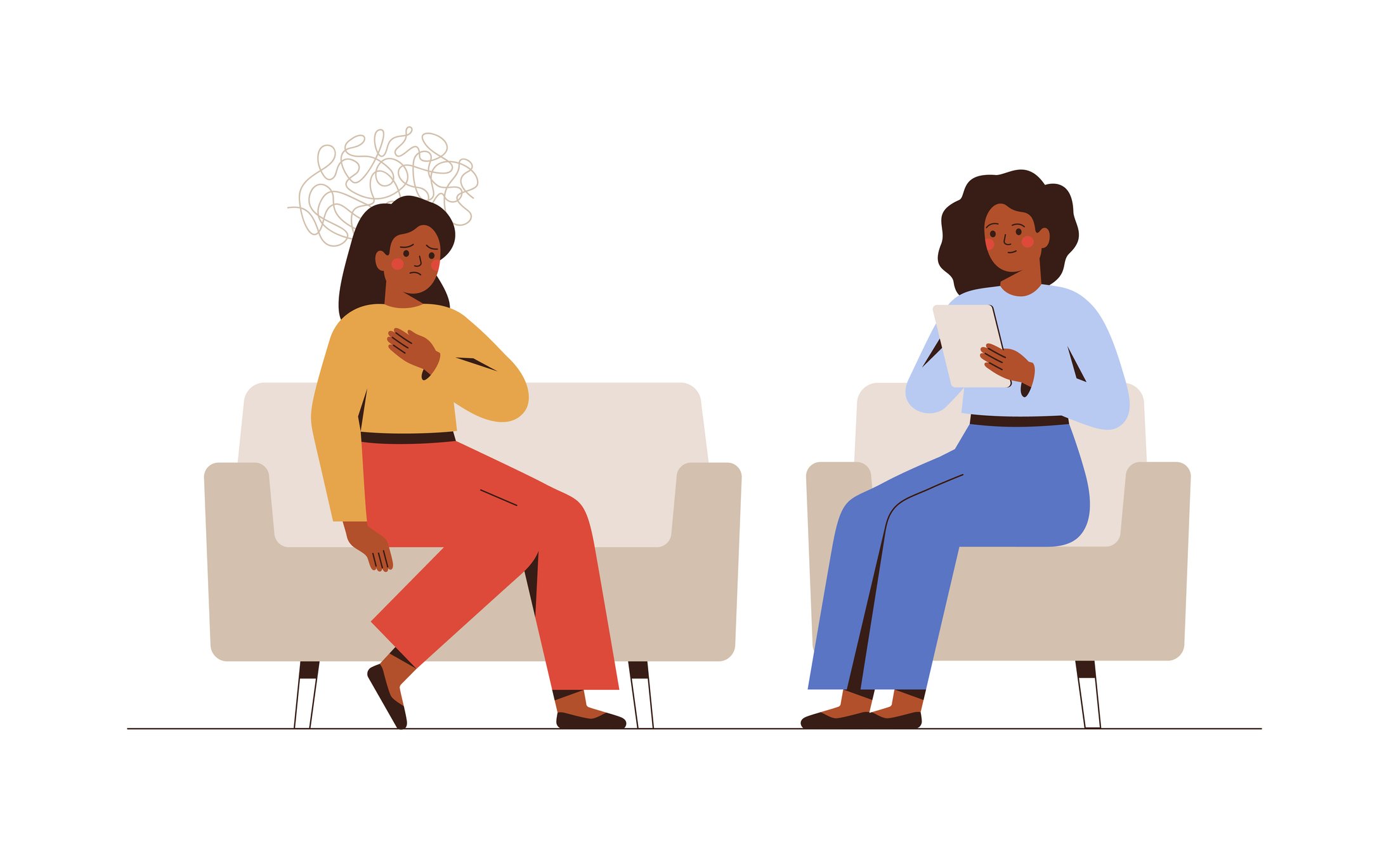 There are large disparities in mental healthcare across races and ethnicities in the U.S. Many factors contribute to the poor mental health outcomes of minority populations. Such as:
There are large disparities in mental healthcare across races and ethnicities in the U.S. Many factors contribute to the poor mental health outcomes of minority populations. Such as:
- Inaccessible mental healthcare services
- Transportation issues, difficulty finding childcare/taking time off work
- Lacking health insurance coverage
- Cultural stigma regarding mental healthcare
- The lack of Black, Indigenous, and people of color (BIPOC) healthcare professionals
- Racism, bias, and discrimination in healthcare
- Language barriers
African Americans develop mental health conditions at a similar rate as the general population however, they are less likely to seek care.
Statistics tell us that about 25% of African Americans seek mental health care, compared to 40% of whites.
Only 1 in 3 Black adults who need mental health care receive it, according to the American Psychiatric Association’s (APA) Mental Health Facts for African Americans guide.
Research shows American Indian/Alaska Native populations have disproportionately higher rates of mental health problems than the general population.
The overall death rate from suicide for American Indian/Alaska Native adults is about 20% higher compared to the non-Hispanic white population.
In 2019, suicide was the second leading cause of death for American Indian/Alaska Natives between the ages of 10 and 34.
According to Mental Health America (MHA), Asian American and Pacific Islanders (AAPI) are the least likely racial group in the U.S. to seek mental health services.
Findings from the National Latino and Asian American Study also found that 17.3% of Asian Americans will be diagnosed with a psychiatric condition at some point in their lifetime.
The APA Mental Health Facts for Hispanics and Latinos/as guide reported Hispanics are at lower risk of most psychiatric disorders compared with non-Hispanic whites.
Also Hispanics are more likely to report poor communication with their health provider. Several studies have found that bilingual patients are evaluated differently when interviewed in English as opposed to Spanish and that Hispanics are more frequently undertreated.
It will take enormous effort to reduce disparities in the U.S. In order to achieve mental health equity we must improve access, hire more multicultural providers, offer better insurance coverage, and provide education surrounding stigma and misconceptions.
Resources
African American Mental Health Providers
Black Emotional and Mental Health Collective
The National Asian American Pacific Islander Mental Health Association
Center for Traditional Medicine
American Society of Hispanic Psychiatry
The National Alliance for Hispanic Health
National Institute of Mental Health brochures and fact sheets
Podcasts
The Melanated Social Work Podcast
MannMukti: Mental Health Podcast

